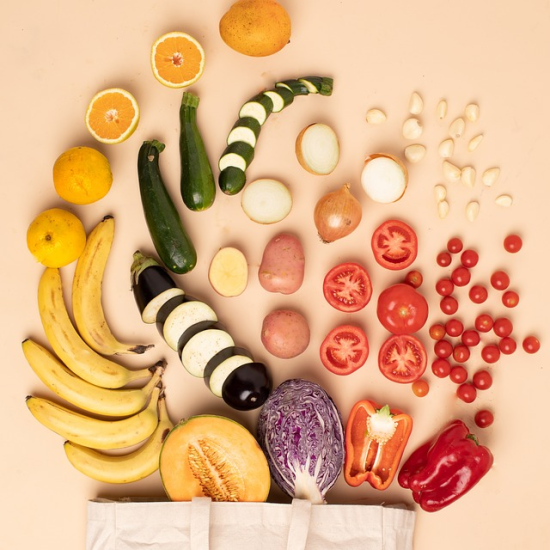Now is the time when many people fortify themselves with vitamins and eat lots of fruit and vegetables. We show you what is not recommended during the cold season if you want to protect the environment and your health. What you should not avoid are the latest games at https://22bet.co.mz/en_mz.
Our kitchens and fridges are usually well stocked even in winter – but often with the wrong foods. If you shop properly, you are not only doing something for your health but also for the environment and fair working conditions. You should therefore consciously avoid certain foods during the cold season.
OUR LIST FOR YOU
1) Strawberries in winter
You should avoid these foods in fall/winter. Strawberries now usually come from abroad. For example, in Spain, where strawberry plantations have fallen into disrepute due to exploitative working conditions, the massive use of pesticides, and questionable irrigation methods. Or they are even imported from Israel or California. The following applies to strawberries from Germany: don’t be fooled! In winter, they only ripen in this country with considerable energy input. The electricity consumption for artificial lighting in particular is enormous.
2) Imported apples
You should avoid these foods in fall/winter. Which is more ecological: an imported apple from New Zealand or a local apple from cold storage? This question is a well-known ecological dilemma – fortunately, we won’t have to worry about it until around mid-December. Until then, there are fresh apples from the region that do not have to be cooled using a lot of energy, such as Cox Orange, Jonagold, Elstar, and Berlepsch. Apples from overseas are not necessary.
3) Green salads
When it’s cold, green salads (such as lettuce, Batavia, and iceberg lettuce) come from heated greenhouses and end up “unripe” in the stores. They therefore have less flavor and contain fewer healthy nutrients such as vitamins and phytochemicals.
4) Imported nuts
Most of the nuts in our stores come from far away: peanuts from the USA and Israel, walnuts from California, almonds from the USA and Spain, and cashews from India. That’s why, especially in the fall and winter months, we should eat varieties that also grow here (and are stored without using a lot of energy). So: walnuts and hazelnuts from Germany.
5) Conventional citrus fruits
You should avoid these foods in fall/winter. Even if it says “untreated” – pesticide and preservative residues are regularly found in conventional oranges, mandarins and lemons. Manufacturers play tricks so that they don’t have to declare the chemical treatment: sprays that are normally applied to the fruit after the harvest are already sprayed on the lemons and oranges hanging on the tree. So: Better to buy organic and fair!
6) Conventional ACE drinks
You should avoid these foods in fall/winter. An extra portion of vitamins for an intact immune system? Better not with conventional ACE drinks. The fruit content is usually only between 20 and 60 percent. Instead, water, sugar sweeteners, and vitamins are added. These vitamins often come from the laboratory and their benefits are also highly controversial. If you want to consume vitamins in liquid form, it is better to drink direct juices of organic quality – they are healthier and are usually bottled during the respective season.
7) Tomatoes in winter? Better not to buy them
We prefer to eat them all year round. But in the cold season, almost all of our tomatoes come from the Netherlands, Spain, and France, where they are grown in greenhouses using a lot of energy.
Better: avoid “fresh” tomatoes in winter and use organic tomatoes in a jar for pasta, pizza, etc. These are harvested when ripe and therefore not only taste better than winter imports but also contain more nutrients. However, it is better to look carefully when shopping, because Jarred and canned tomatoes often come from China and have traveled long distances. If you have your garden, you can your tomatoes for the winter, then the transportation routes are the shortest.
8) Cucumbers: not a winter food
The same applies to cucumbers as to tomatoes. They are popular all year round but are only in season here from June to the end of October. In winter, they are imported from greenhouses, which means less healthy nutrients, problematic production conditions, and long transportation routes.
Another reason for not buying cucumbers in winter is that some supermarkets now only sell them packaged in plastic. The supermarkets’ reasoning: the cucumbers would be better protected during transportation.
9) Courgettes
Although zucchinis are pumpkins, they are only in season here from June to the end of October. “Real” pumpkins such as Hokkaido or butternut, on the other hand, are available until December and from then on as locally grown stock.
We show you which pumpkins you can eat with their skin on. You can also try out this delicious, warming pumpkin soup recipe.
